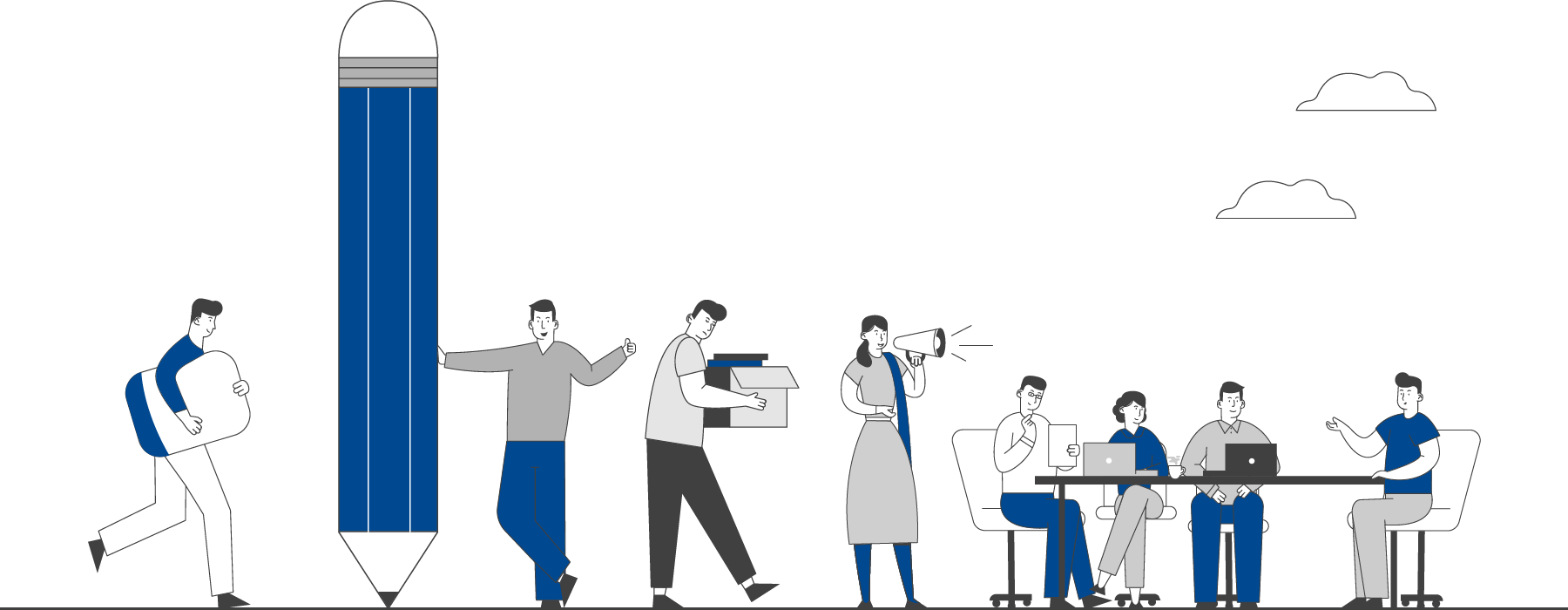

This section hosts guidelines, manuals and toolkits to strengthen public health practice.
Resources
FILTER
BY CATEGORY
View All
An uneven and gender-unequal COVID-19 recovery
08 May 2022by ILO OVER 1 HOUR
At the start of 2020, it was anticipated that roughly 40% of all employed women worked in industries that were most vulnerable to job losses during the crisis. When some medium-high-risk sectors are included, this ratio jumps to nearly half of all female workers (49.1%). Within the hardest-hit industries, the gender discrepancy in the proportion of informal employees was much higher, with 40% of women working informally in those sectors at the start of the crisis compared to 32% of males. Women and men have been affected differently by the COVID-19 crisis, depending on the sector of the economy in which they work, their access to labor and social protection, and their child-rearing obligations. Women in informal employment, as in previous crises, are particularly at risk of losing their sources of income. This is especially true in developing nations for women. This crisis, on the other hand, is unique in that it is having immediate effects on sectors that were previously only touched much later in past crises.
The study depicts the reality of an uneven recovery that is already lagging behind women. If this trend is to be reversed, extraordinary policy actions will be necessary; otherwise, the developing post-COVID-19 world may exacerbate existing gender inequalities in terms of access and quality of employment. "Women have suffered disproportionate job and income losses, including because of their over representation in the hardest-hit sectors, and many continue to work on the front line, sustaining care systems, economies, and societies, while often also doing the majority of unpaid care work," according to the global call to action for a human-centered recovery from the COVID-19 crisis that is inclusive, sustainable, and resilient adopted by governments, workers, and employers. It also advocates for measures that prioritize full, productive, and freely chosen employment, as well as strategies that are "gender responsive, to help us recover from the crisis." To put it another way, moving ahead better from the crisis should also entail moving forward more fairly.
Related File :
921142483.pdfCategories
COVID-19

 EXPLORE DATA
EXPLORE DATA 



























